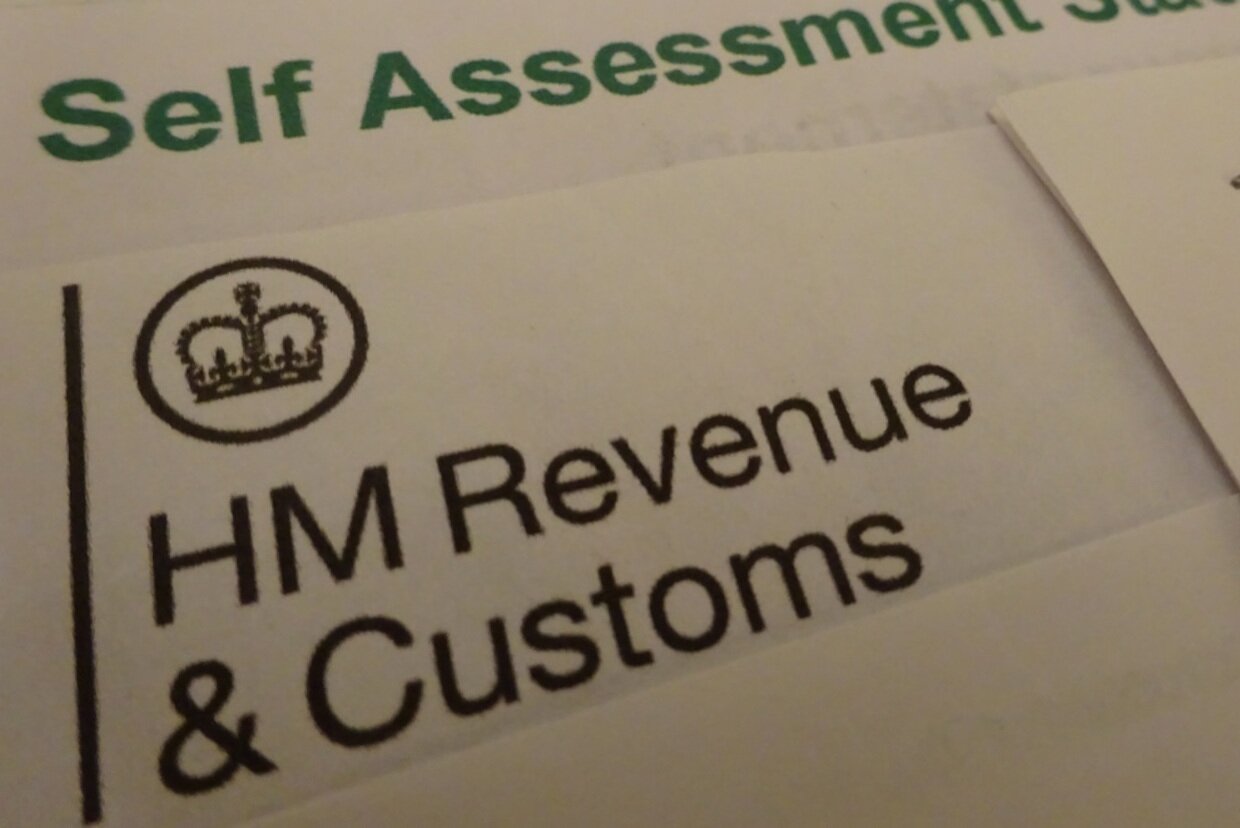Introduction
Thousands of UK savers face the risk of overpaying their taxes due to an error by HM Revenue and Customs (HMRC).
The mistake stems from duplicate “simple assessment” notices that incorrectly combine new charges on savings interest with amounts already included in earlier bills.
Experts warn this could leave some households accidentally paying the same tax twice.
What Happened?
HMRC recently sent follow-up letters to many savers that inadvertently merged new liabilities with previously settled tax amounts.
These simple assessment notices are intended to collect outstanding tax without requiring a full self-assessment return. However, the error has caused confusion, with recipients unsure how much they genuinely owe.
Tax consultancy expert Joseph Adunse explained: “The problem is that the agency has bypassed its vast data warehouse and is sending affected taxpayers a total tax bill including tax that was demanded in an earlier letter.”
Why This Puts Savers at Risk
The duplicate notices create a “real danger” of double payments.
Savers may panic and pay the entire total shown, unaware that part or all of it has already been settled. HMRC has advised accountants and taxpayers to deduct any already-paid amounts from the total in the second notice to determine the correct outstanding tax.
The error primarily affects those receiving savings interest who were sent a second letter for the 2024-25 tax year. Without careful attention, householders may unwittingly overpay, impacting finances unnecessarily.
What Savers Should Do
HMRC recommends that individuals:
- Check their first simple assessment payment and ensure it is accounted for.
- Deduct any already-paid tax from the total shown in the second notice.
- Contact HMRC directly if there is any confusion or concern over the amount owed.
Experts also suggest consulting a tax advisor to avoid accidental overpayment and ensure all calculations are correct.
Broader Implications
This administrative error highlights the challenges of modernising tax collection while maintaining accuracy.
With savings interest taxation becoming more common amid higher interest rates, clear communication and robust checks are critical. Tax professionals emphasize vigilance, particularly as further notices for future years could repeat similar mistakes if unaddressed.
Conclusion
UK savers must exercise caution when responding to HMRC’s 2024-25 simple assessment notices. By carefully checking amounts already paid, households can avoid paying more than required.
Meanwhile, HMRC will need to ensure its systems prevent such errors in the future to safeguard taxpayers from unnecessary financial strain.











